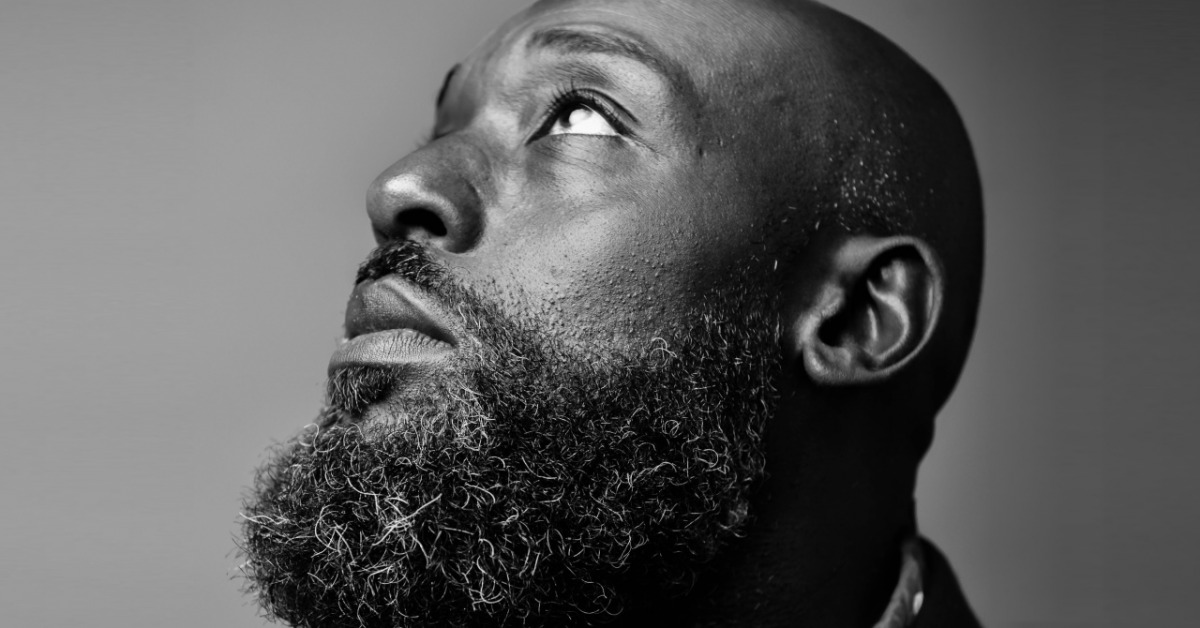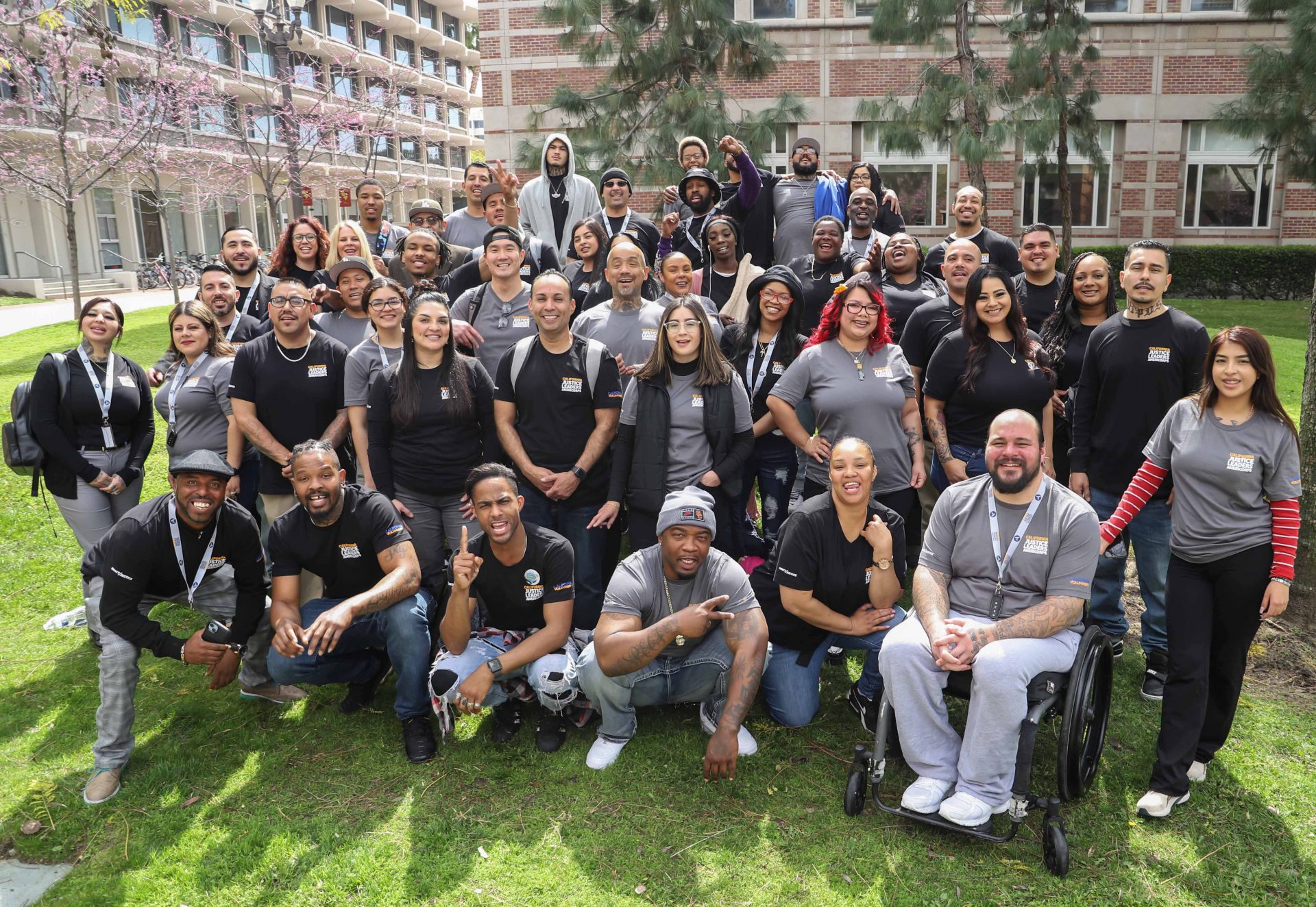In a significant addition to the growing body of research on adverse childhood experiences (ACEs), new research by Impact Justice documents extraordinarily high rates of ACEs among formerly incarcerated men and explores early life trauma and its repercussions for violence later in life.
Over a period of 12 months, researchers surveyed and interviewed men who had been convicted of a violent offense serious enough to result in a lengthy prison sentence, mining their early life experiences to better understand trauma among men and how trauma can fuel cycles of violence. Key findings from the study are captured in The Things They Carry, an immersive scrolling story, rich with personal reflections, that Impact Justice released today.
ACEs are highly correlated with structural racism and poverty, social forces that also have an outsized influence on who ends up in prison, yet the prevalence and density of ACEs among this sample of formerly incarcerated men is shocking. Fully half (50%) of the men surveyed reported at least nine of the 16 ACEs identified by the U.S. Centers for Disease Control and Prevention, and some of them as many as all 16 ACEs. This means that as boys they experienced potentially traumatic events and circumstances across multiple environments, essentially robbing them of any safe place to grow up. By comparison, just 16% of adults in the population at large report four or more ACEs, according to the CDC.
Other key findings:
- Nearly 2 out of every 3 men surveyed (62%) experienced between 5 and 9 different ACES just at home.
- The survey documents rates of sexual abuse that are 4 times the rate nationally.
- Nearly half of men surveyed (48%) recall seeing or hearing someone beaten up, stabbed, or shot many times.
- 75% of these men were bullied in school, including more than a third (37%) who recall routinely experiencing intimidation and abuse at school.
- The presence of a loving, supportive adult, so essential to resilience in childhood, was inconsistent at best for more than half (57%) of the men surveyed.
- Deeply wounded and disconnected from adults in their lives, half of them (49%) relied on drugs to numb painful emotions; more than half (62%) experienced bouts of depression; and nearly a third (30%) attempted suicide before age 18, a rate roughly 3 times the national average.
The prevalence and density of ACEs among this sample of formerly incarcerated men – disproportionately men of color mirroring the carceral system – should make people think differently about violence and how to prevent it, according to Antoinette Davis who spearheaded the study in her role as Director of the Research & Action Center at Impact Justice.
“When girls and women resort to violence, the instinctual reaction is to ask why. That search for answers usually reveals a history of trauma. This study shows that violence by boys and men, along with other signs of distress, should prompt the same searching questions, not just as a matter of fairness but also as a necessary step to ending cycles of harm,” Davis explains.
While the adverse experiences these men recalled occurred many years ago, their experiences and insights are acutely relevant today in the context of epidemic levels of violence among boys and men nationwide. According to the FBI, boys and men made up 78% of all known aggressors and 78% of all homicide victims in 2021. That same year, according to the CDC, males were four times more likely than females to take their own lives, accounting for the vast majority of the 47,646 documented suicides.
“The men who generously participated in this research remind us that people who lash out are often deeply wounded themselves,” says Davis. “That’s not an excuse for their harmful actions, but it tells us a lot about how to prevent harm.”
In addition to documenting the scale and scope of the problem, The Things They Carry underscores the potential for healing, in some cases through moving personal accounts, and points to interventions proven to work.
Click here to download a pdf version of the scrolling story.



